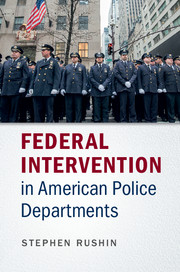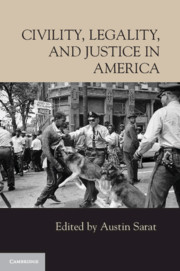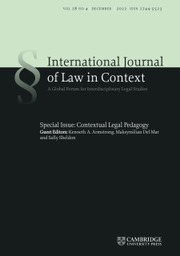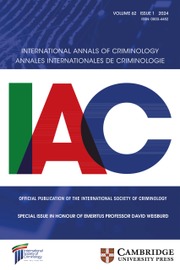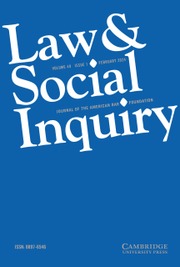Federal Intervention in American Police Departments
For much of American history, the federal government has played a limited role in local police regulation. That all changed in 1994, when Congress passed a little known statute that permitted the US Attorney General to reform troubled police departments. Since then, many of the nation's largest police departments - including those in Los Angeles, Chicago, Seattle, Washington, DC, New Orleans, Pittsburgh, Cincinnati, Cleveland, and Albuquerque - have been subject to federal oversight. But until recently, we've known little about how this federal process works. Drawing on original interviews, court documents, statistical data, and media reports, this book provides the first comprehensive account of federal intervention in American police departments. It shows that, under the right circumstances, federal intervention is uniquely effective at combating misconduct in police departments. However, federal intervention is far from perfect. This book concludes by arguing that Congress should expand and improve federal oversight of policing.
- Provides a detailed, descriptive account of how federal intervention works in American police departments
- Helps readers understand how the process works and the trends in enforcement over time, and how effective this process is at bringing about sustainable police reform
- Includes quotes from in-depth interviews conducted with relevant stakeholders involved in federal intervention cases
- Allows readers to hear from those directly involved in the process
Product details
April 2017Hardback
9781107105737
308 pages
236 × 158 × 22 mm
0.56kg
Available
Table of Contents
- Introduction
- 1. The problem of police misconduct
- 2. The intervention era
- 3. Federal intervention in action
- 4. Possibilities and limitations
- 5. Moving forward: improving oversight of local police.

